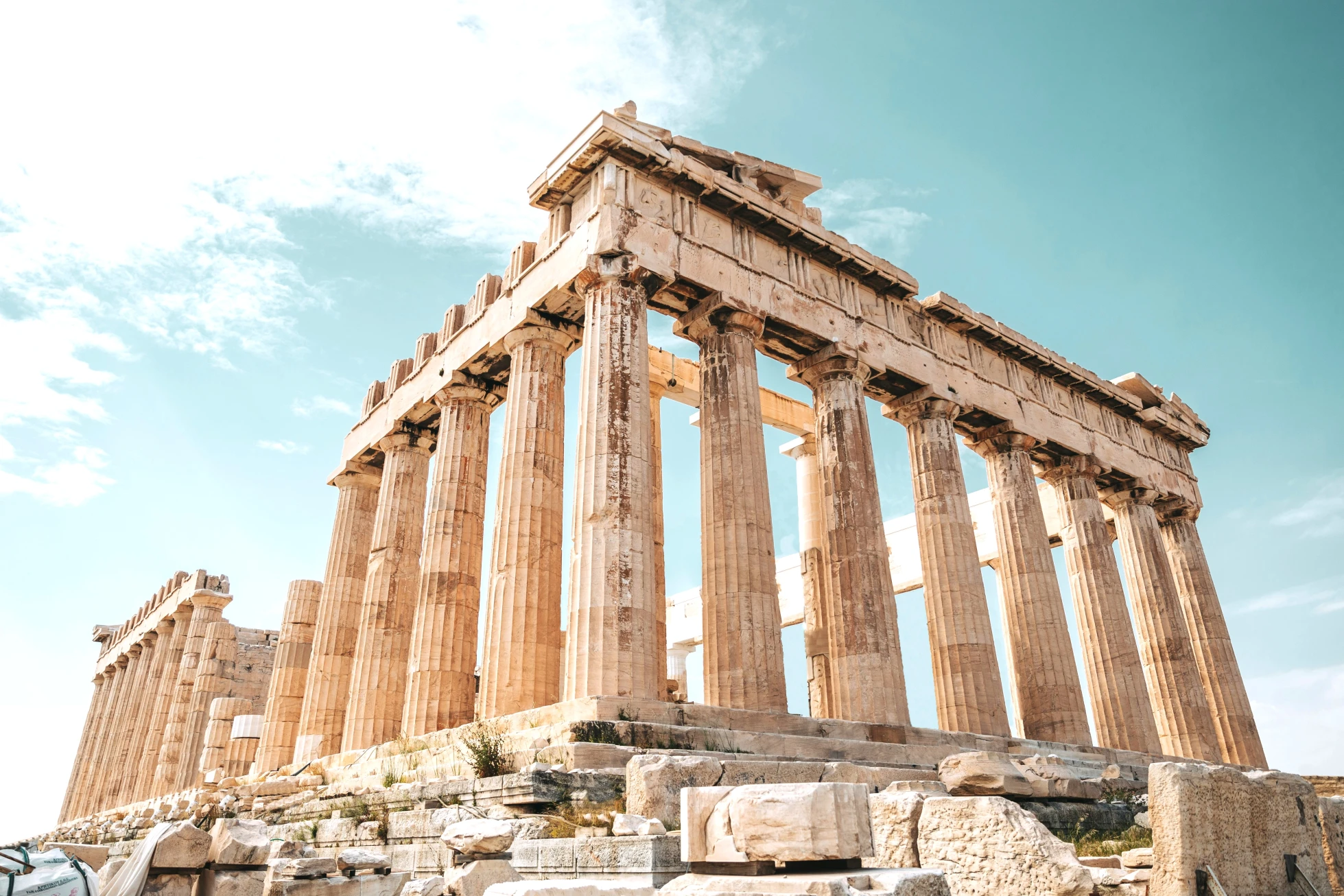


Cultural Exchange: Greece
Ancient Greek culture is considered the cradle of Western civilization, with rich heritage in philosophy, arts, sciences, and democracy. It is the birthplace of great ideas from philosophers like Socrates, Plato, and Aristotle, as well as the homeland of impressive art and architecture, exemplified by the Parthenon. Not only foundational in science and politics, Greek culture also inspires performing arts, mythology, and sports competitions like the Olympic Games.
1. Characteristics of Greece:
The Greek people's complex character is influenced by various dominant cultures like Roman, French, and Turkish. They value family, seek ideals, yet are pragmatic in financial matters.
Modern Greek language evolved from ancient languages (Linear A and Linear B around the 12th century) and is still widely used, bearing deep symbolic meaning in Greek culture.
In communication, Greeks have firm handshakes, smile, and maintain eye contact. They embrace and kiss on both cheeks with loved ones, while men often pat each other on the back in greeting. Debate is a trademark, enjoying lively discussions without letting emotions or biases affect relationships. For them, debate is seen as a path to development.
In traditions and customs, Greeks are often superstitious and believe in supernatural phenomena, evident in traditional festivals or customs like name day celebrations, superstitions about black cats, Mondays being "pure," etc.
Religion plays a significant role in Greek culture, with around 98% of Greeks being Greek Orthodox. This religion is constitutionally recognized as the official religion of Greece, though individuals have the freedom to practice other religions such as Islam, Roman Catholicism, and Judaism.

Greeks often use gestures in communication, but there are several differences to note. Pointing at someone is considered offensive, nodding means "no," shaking the head means "yes." The "OK" gesture with the thumb and index finger means an insult. Understanding gestures in Greece is important to avoid misunderstandings.
Greek cuisine is renowned for its ancient recipes using olive oil, honey, fresh vegetables, fish, wine, meat, and herbs. Greek dishes are usually simple, lightly spiced, and avoid complex sauces. Signature dishes to try include Taramosalata, Greek Salad, Pastitsio, Kleftiko, and Keftedes.
Greece has a long tradition of sports, being the birthplace of the ancient Olympics and hosting the first modern Olympic Games in 1896. Football and basketball are the most popular sports in Greece. The Greek national football team won the European Championship in 2004, while the basketball team claimed European titles in 1987 and 2005. Famous football clubs include Panathinaikos, Olympiakos, and AEK Athens.

2. Experience Greek Culture Together
To commemorate Greece's 202nd National Day on March 22, 2023, InterLOG organized a "Greece National Day" event for all staff to experience the unique cultural aspects of this land of mythology through activities like music, costumes, cuisine, documentaries, and quizzes.
Members of InterLOG participated in the costume contest during the Greek cultural exchange. They also enjoyed famous Greek cuisine, including the renowned Greek gyro wrap.
This activity also embodies InterLOG's "Innovation4Culture" message, affirming daily innovation within InterLOG, aiming for sustainable development following the ESG model.


